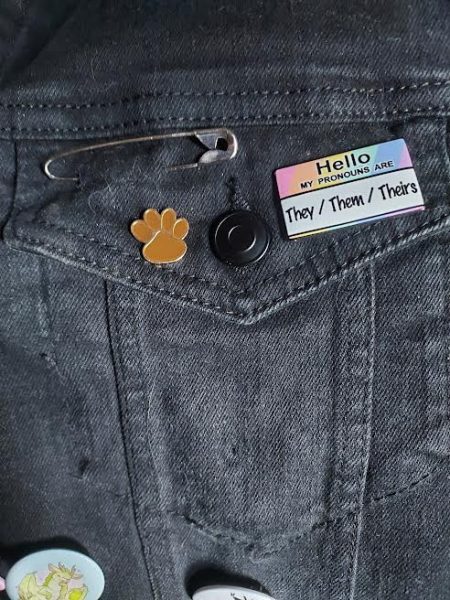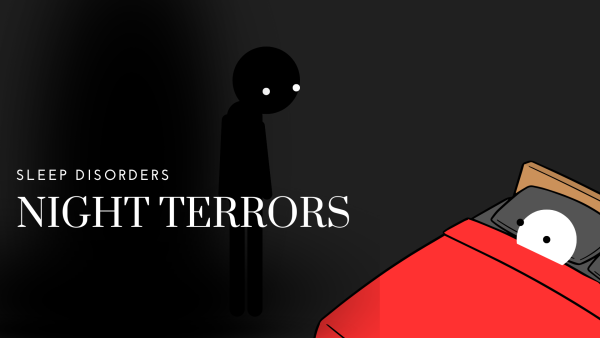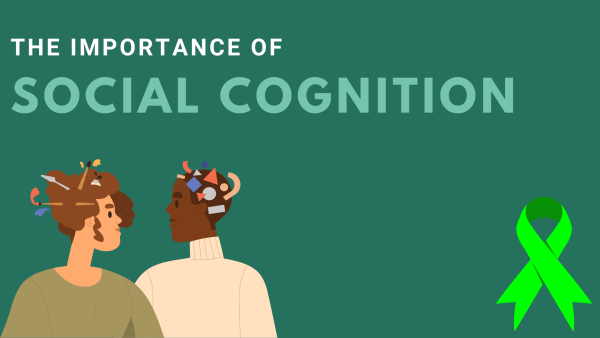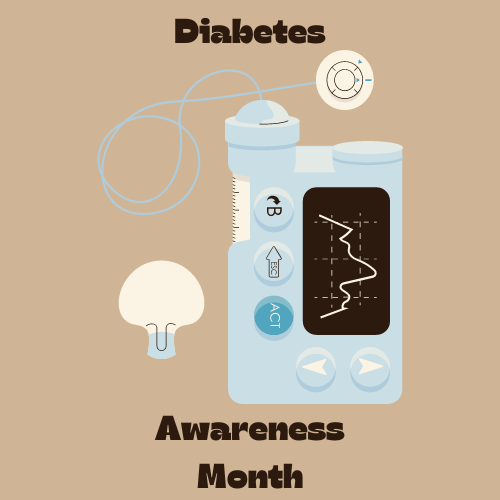Eating Disorders: How to Spot Them
With the constant pressure from social media, magazines, and TV, eating disorders are becoming very present among girls. Social media apps like Instagram, Snapchat, and Twitter, contain influencers, celebrities, and constant pictures and posts about everyone else’s positive and “perfect” lives. When people get on social media, they are exposed to many posts that are just a facade of someone’s life. Social media users tend to only post fun events, vacations, or vigorous selfies that can lead to girls comparing themselves and their lives to others that are posted throughout the media.
When girls are constantly comparing their bodies and lives to others they see throughout the media, they tend to feel less and think worse about themselves. This can lead to not only depression but also eating disorders. Eating disorders can begin in the teenage years of someone’s life and stretch into their adulthood. Although boys can be affected by eating disorders, girls are more likely to have one.
The most common eating disorders are Anorexia and Bulimia. According to the Healthline, Anorexia is the most common one. It occurs when girls/boys restrict their eating immensely. Bulimia is when people eat an excessive amount of food, and then attempt to purge by “vomiting, fasting, laxatives, diuretics, enemas, and excessive exercise.” The Healthline also mentions that eating disorders are at times caused by the ideals of being thin that can be promoted from the media.
It is often very hard to spot the signs of eating disorders, but it is important to look out in case you believe someone you know has one. If someone you know has restricted their dieting or denies food, excessively works out without eating, has odd behaviors before, during, or after eating a meal, has become more irritable than normal, and lacks energy, then these may be possible signs of an eating disorder. These symptoms do not mean that someone has an eating disorder, but it is always important to keep an eye out if you have any concerns. If you for sure know of anyone who has an eating disorder, contact the Helpline at 800-931-2237 or talk to your school counselor.

Hello, I am Maycee! I am a senior at Alliance High School, and this is my second year writing for the Spud! I am the daughter of Tara and Deon Quick. I...






